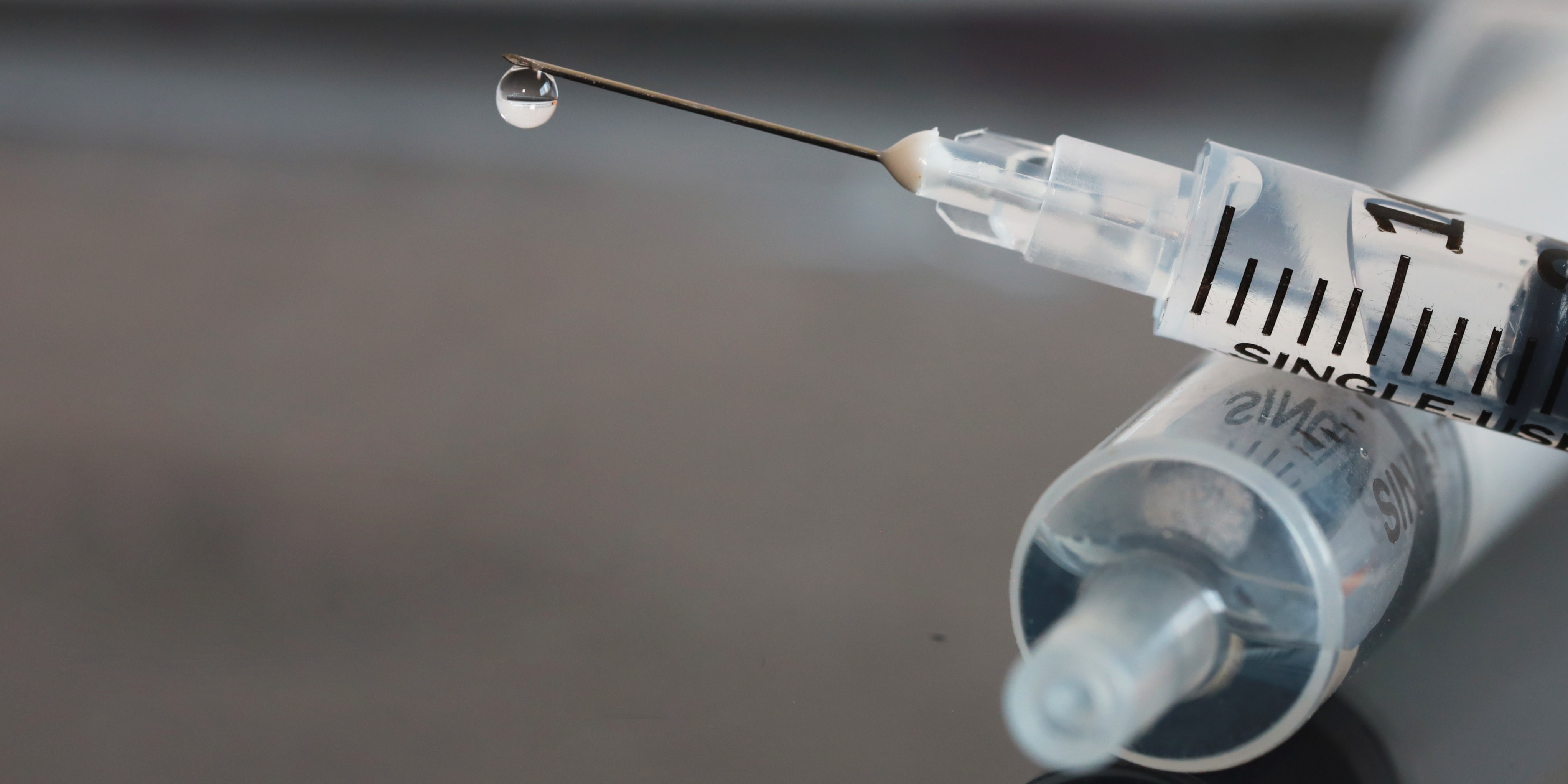Refusing To Get The Vaccine Is Not A ‘Right’ — It’s A Privilege Few Can Afford
Think of someone else for a change.
 emodpk / Shutterstock
emodpk / Shutterstock Wanting to “wait and see,” ignoring science, refusing to think outside one’s own echo chamber — these are all common qualities of the anti-vaxxers.
And though we talk ourselves in circles trying to debunk each and every aspect of the anti-vaccine movement, we often neglect one of the issues at its core — privilege.
Let’s get a couple of things out of the way first, vaccines are extremely effective, even against newer variants. 0.0019% of people who received a vaccine died after getting it, but given that healthcare providers are required to report all deaths regardless of their cause, it’s unclear if any of these are directly related to the vaccine.
Phew, now on to why people are really saying no to vaccines, whether they realize it or not.
Hiding behind false science and choosing fallacies over fact is a privilege in itself but there are many other unequal prerogatives at play also.
Why vaccine refusal is a privilege.
In refusing to get a vaccine, people take advantage of resources that not all can access, all while leaving others at risk.
Immune privilege threatens lives.
Choosing to simply take the risk is a concept rooted in privilege. In the early days of the pandemic, President Trump’s administration advocated for herd immunity through exposure.
Conservative publications put forward the idea of “Chickenpox Parties” to encourage young people to get infected deliberately.
In Europe, some plotted to introduce “immunity passports” to give those who had recovered from the virus the right to go back to work.
These ideas are nothing new. In fact, they’ve been used since yellow fever and Antebellum times to exert control over people of color who had not yet become “acclimated” to the same diseases as their white slave owners.
Immunity is a currency only reserved for the fortunate. Many entered this pandemic with privileged immunity in the form of work-from-home jobs that guarantee employment and income.
These people can take the risk and avoid the vaccine, leaving our frontline workers, Uber and delivery drivers, cleaners and cooks to fend for themselves because of the willful ignorance of the unvaccinated people infecting them.
Other countries are not as fortunate as the US.
Then there is privilege on a global level. 70% of eligible Americans are vaccinated, all while the percentage needed for herd immunity creeps slowly upwards due to increased transmissibility.
Yet, internationally, just 15.2% of the world is fully vaccinated. In low income countries only 1.1% of the population have received a single dose.
In the US, we are so undeniably fortunate to have vaccines that are free and easily accessible. I speak to my family in other countries who want their vaccines — and arguably need them more.
Yet, still 1 in 4 Americans are avoiding the jab, with half saying they have no intention of getting their vaccine.
Vaccine misinformation is also rife in low-income and conflict ridden countries, so the vaccine refusal that exists in these regions is somewhat different from ours.
Americans have all the information — some are just refusing to accept it.
Americans are being offered monetary incentives for a vaccine they have no appreciation for while people in less privileged countries are fighting for their lives, unable to access the healthcare they need.
This vaccine nationalism means the US is hoarding resources to offer vaccines to low-risk populations while high-risk people abroad remain exposed.
Perhaps if the US would get a move on and get their vaccines we would be able to offer more resources internationally.
Afterall, if there’s one thing we should have learned from a virus that spread internationally in a matter of months, it’s that health is a global matter and viruses have no regard for borders.
Ignorance is not always bliss.
Remaining oblivious to the need for vaccines is a privilege. Ignorance, in this context, is a privilege.
Choosing to not get vaccinated upends the sacrifices made by frontline workers, mask-wearers, and those who heeded the necessary instructions. It makes this “choice” an international problem of which the under-privileged will see the worst side.
This is now a pandemic of the unvaccinated and with cases rising, vaccine refusal is a direct infringement on the health and wellbeing of those who did the right thing.
Alice Kelly is a writer living in Brooklyn, New York. Catch her covering all things social justice, news, and entertainment. Keep up with her Twitter for more.

